Fitting & Caring for your Wooden Blind | 247 Guides
Wooden blinds are a fantastic option, and due to their moveable slats and beautiful finishes, offer up a modern solution to light and privacy worries.
Made to your measurements, we'll take you through this easy fitting guide, each step of the way. You'll have your new wood blind up in no-time, to the envy of all your neighbours and friends!
Fitting Time — Approx. 20 minutes, first time
What You'll Need
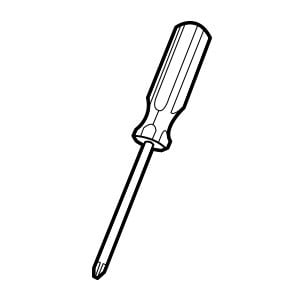
Screwdriver
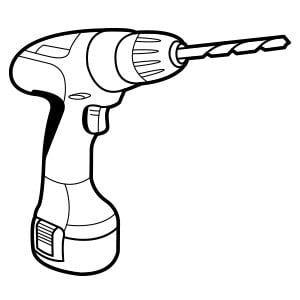
Drill
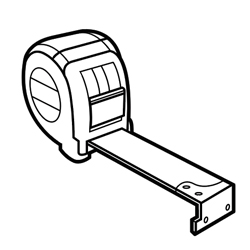
Measuring Tape
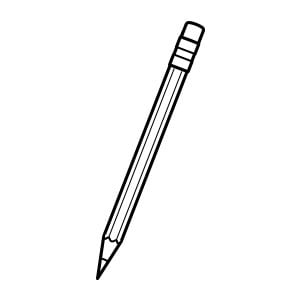
Pencil
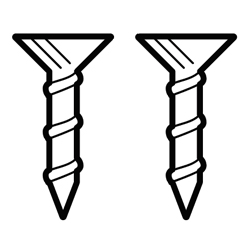
The correct screws and wall plugs
This could be plaster, wood or even steel depending on the surface you’ll be fitting your blind to.
We recommend looking online to ensure you get the best fittings for your blind.
What's In the Box
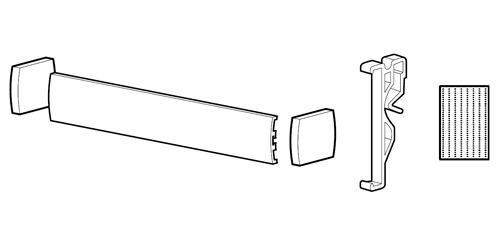
A pelmet headrail cover & pelmet clips or velcro tabs for your headrail cover
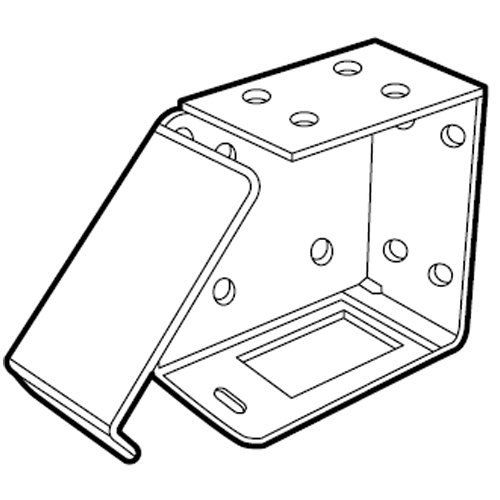
Box-end brackets
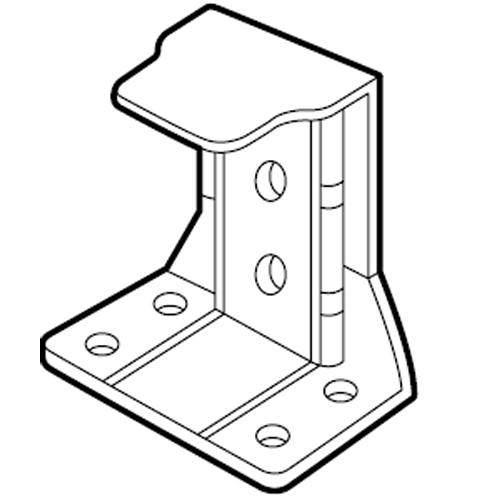
Support brackets (For blinds 100cm+ wide)
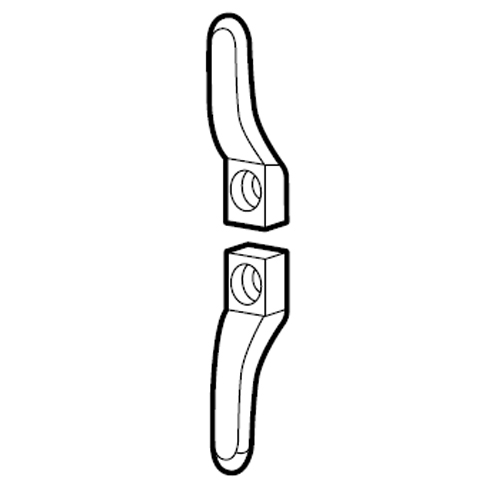
Child-safety clip
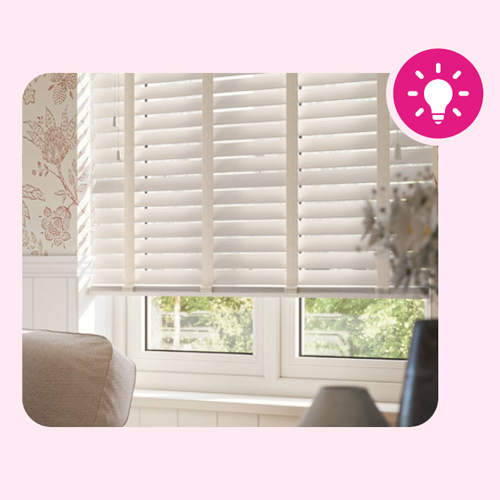
Care Tips
Both faux wooden and real wooden blinds keep up appearances by being used on a regular basis. Use the tilting feature, and open and close to help avoid dust build up. For cleaning of the slats, though faux wooden blinds do have waterproof slats, be mindful of the cords (or tapes if you opted for this style).
For deep cleans, we’d recommend avoiding using bleach and cleaning fluids, as these could damage the blind. Instead, use hot water and a damp cloth. Otherwise, light dusting should keep things prim and proper.
Step 1 - Fitting The Brackets
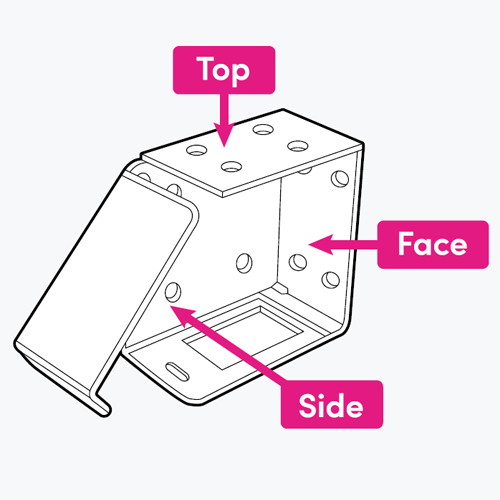
Your box-end brackets can be top, face, or side fixed. Choose the best option for your window or door, making sure the hinged flap faces into the room (as shown).
Position your first bracket, mark the drill holes, then measure across and repeat for the other side, checking alignment
each time.
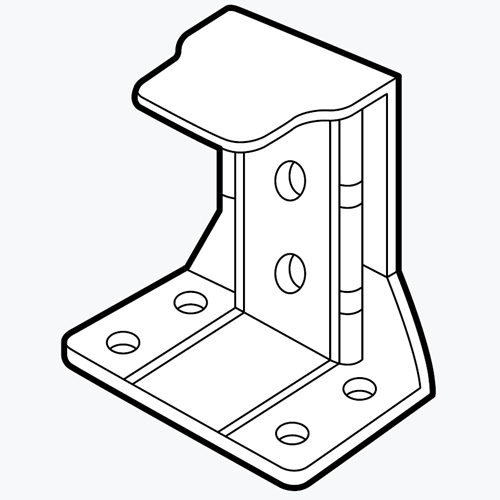
Step 2 - Fitting The Headrail
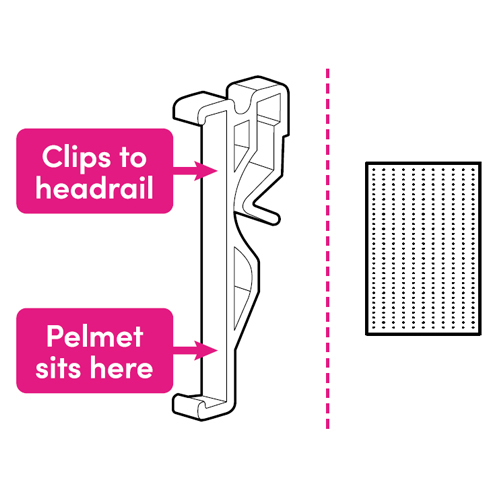
Attach your pelmet clips/velcro tabs onto your headrail, it’s easier to do this now VS when the blind is installed. A minimum of two are needed.
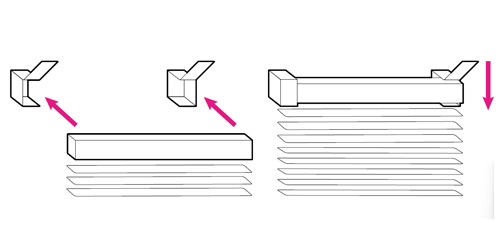
Remove the plastic end caps from the headrail and slide the blind into the brackets, making sure the cords and pelmet face into the room. Check the headrail is secure, then push down and snap the hinge doors shut to lock it in place.
Step 3 - Fitting The Pelmet
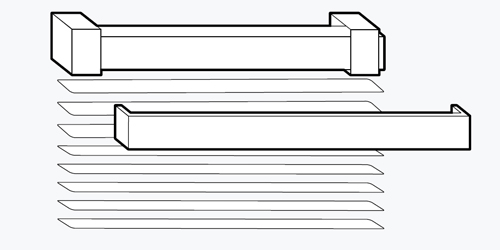
Position the pelmet in front of your headrail and use the groove on the headrail to apply your pelmet clips/velcro
tabs.
If you have an outside recess (exact) blind, you may have a ‘mitred’ pelmet, with the pelmet cut with angled ends and
extra end pieces. For an inside recess (recess) blind, you only need to apply the front pelmet.
Attach these end pieces by sliding the ‘L’ Shaped plastic brackets into the groove on your main pelmet and doing the same with the end pieces.
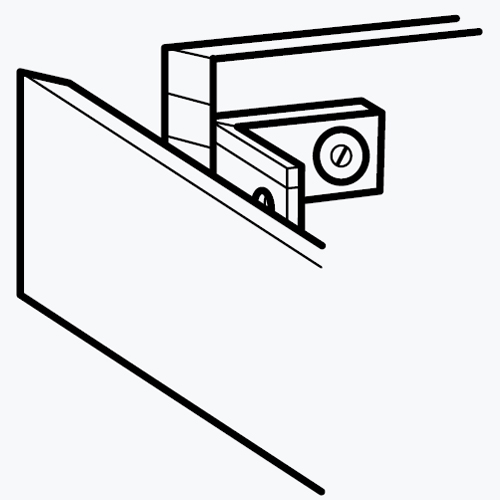
Child Safety
The safety device must be installed at the maximum distance possible from the control mechanism, and at least 1.5 metres from the floor to prevent looped chain becoming slack. This blind comes with a safety device for screwing to the wall & a cord with a breakable join.
This cord condenser is designed to break under pressure and must not be tampered with.
Step 4 - Installing The Safety Device
Place the safety device on the wall and mark the position of the 2 screw holes. Screw or drill the safety device securely to the wall using suitable fixings. Once secured, loop the control cord around the device in a figure of eight shape, ensuring the cord is as tight as possible.
CHILDREN CAN STRANGLE IF A SAFETY DEVICE IS NOT INSTALLED. ALWAYS USE A SAFETY DEVICE TO KEEP CORDS AND CHAINS OUT OF REACH OF CHILDREN.
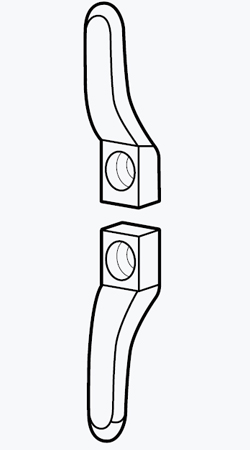
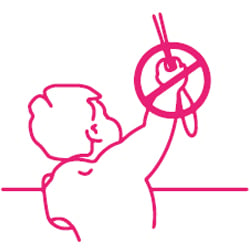
WARNING
Young children can be strangled by loops in pull cords, chains, tapes and inner cords that operate the product.
To avoid strangulation and entanglement, keep cords out of the reach of young children.
Cords may become wrapped around a child’s neck. Move beds, cots and furniture away from window covering cords.
Do not tie cords together. Make sure cords do not twist and create a loop.




 Track My Order
Track My Order
 My Account
My Account
 Wishlist
Wishlist
 Call now
Call now


